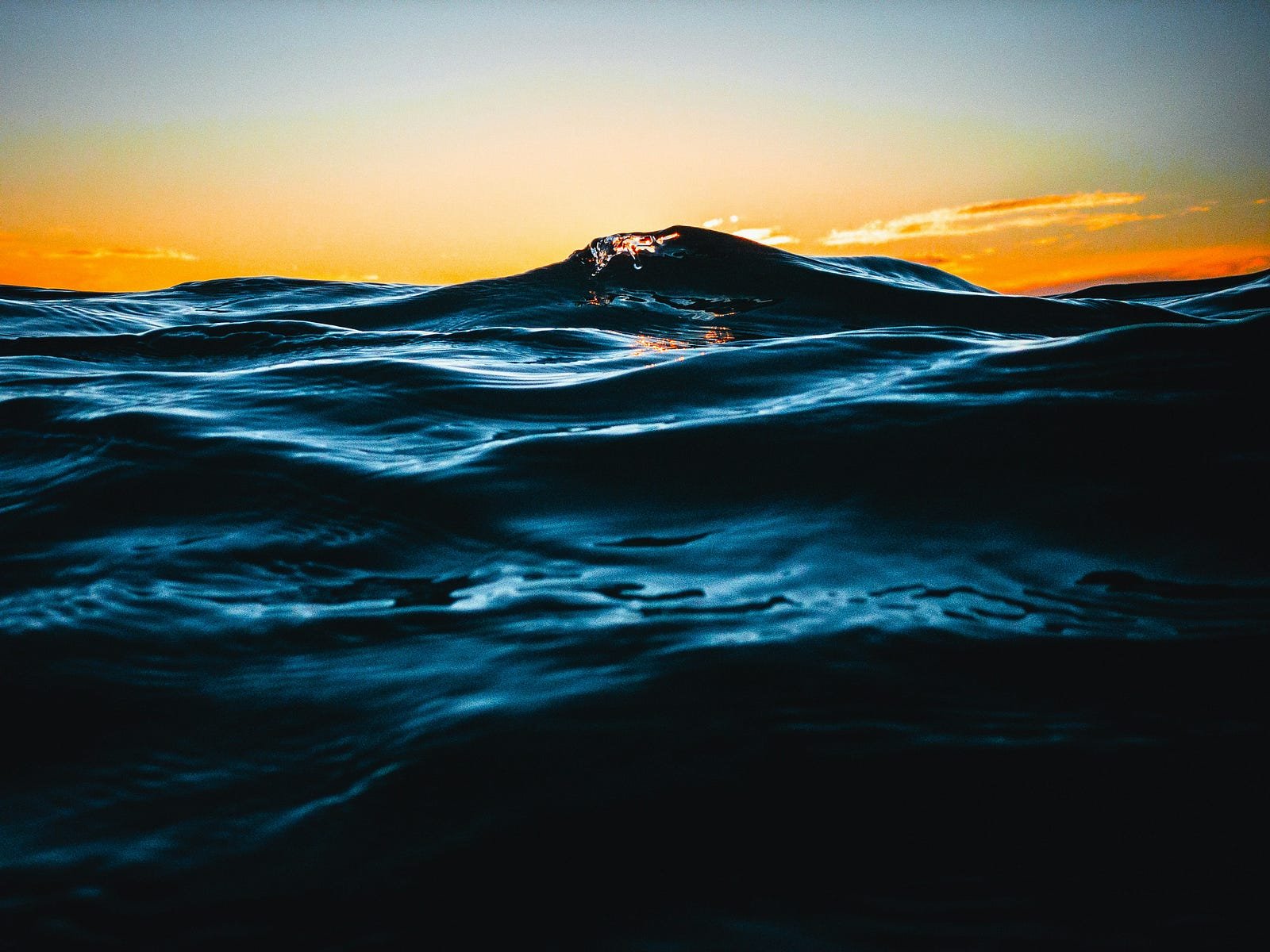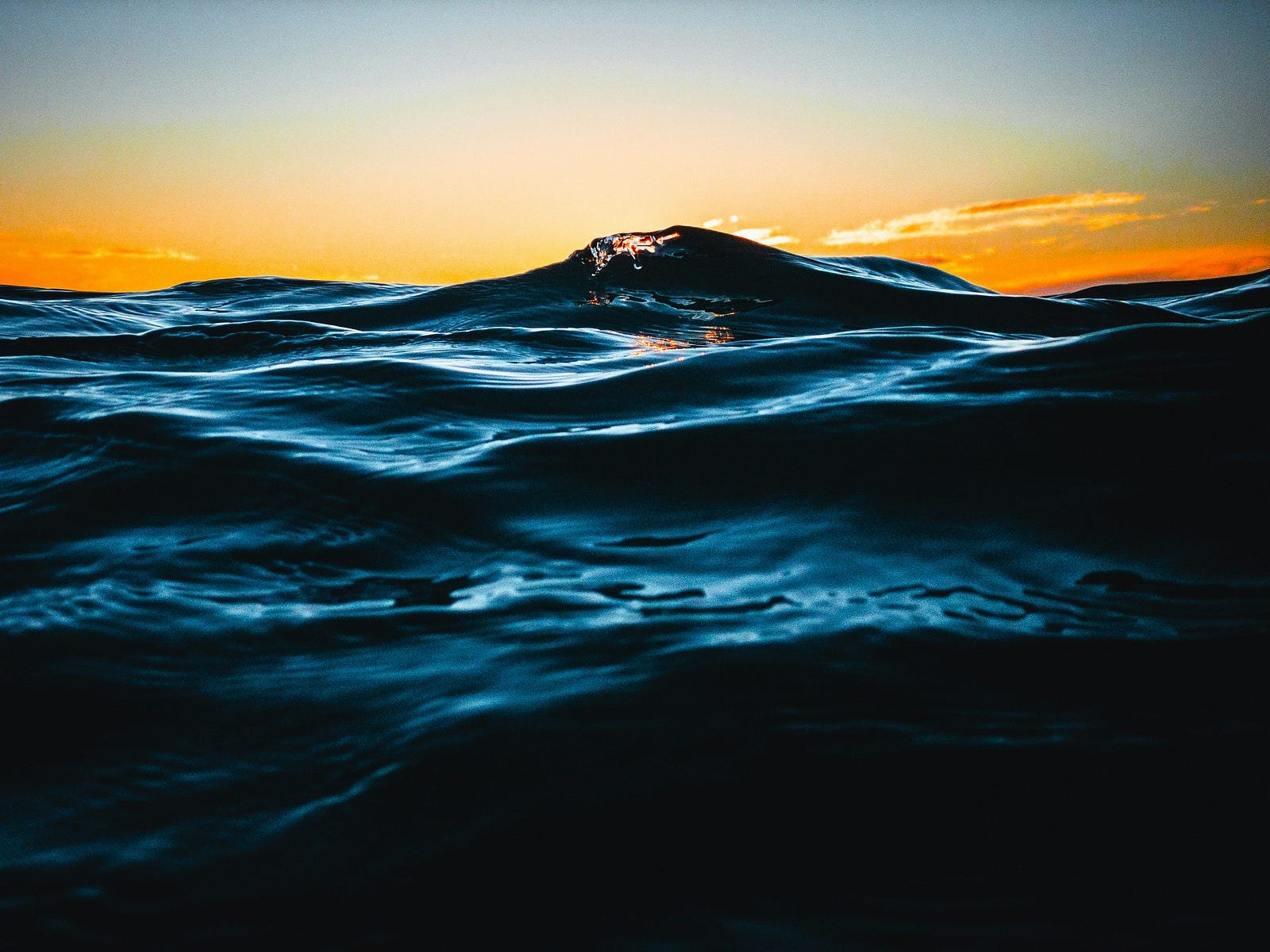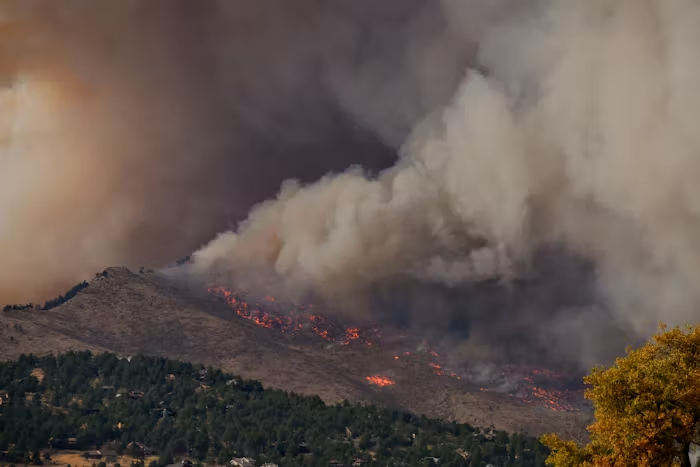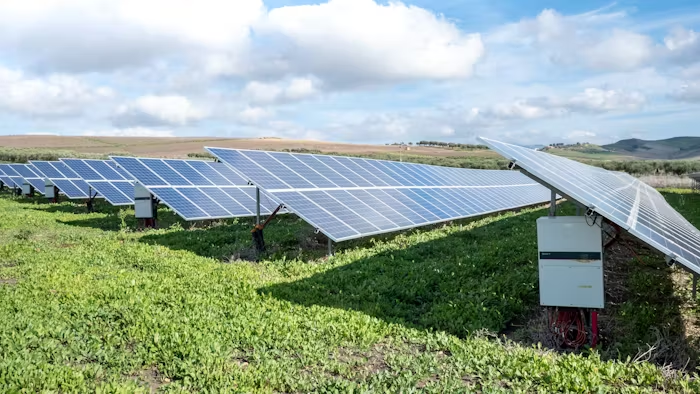Learn why ocean conservation is critical for the planet and discover practical ways you can make a difference. From reducing plastic to supporting marine protection, your actions matter.

The ocean covers over 70% of the Earth’s surface and supports all life on the planet in more ways than most people realize. It regulates the climate, produces more than half of the world’s oxygen, and is home to millions of species — many of which remain undiscovered. Despite its vital role, the ocean faces unprecedented threats from human activity.
From plastic pollution and overfishing to ocean acidification and climate change, the pressures on marine ecosystems are mounting. The time to act is now. Ocean conservation is not just an environmental concern — it’s a global responsibility that affects food security, economic stability, and the survival of future generations.
This article explores why ocean conservation is so important and offers actionable steps you can take to protect marine life and preserve ocean health.
Why Ocean Conservation Matters
1. The Ocean Regulates Our Climate
The ocean plays a key role in controlling the Earth’s climate. It absorbs heat from the sun and distributes it around the globe through currents. More importantly, the ocean absorbs about 30% of the carbon dioxide produced by human activities, helping to mitigate global warming.
However, as greenhouse gas emissions increase, the ocean’s ability to buffer climate change is being compromised. Warmer waters lead to stronger storms, rising sea levels, and the disruption of marine ecosystems.
2. Marine Life Supports Biodiversity
Oceans are home to an estimated two million species, ranging from microscopic plankton to massive whales. Coral reefs alone support nearly 25% of all marine species, despite covering less than 1% of the ocean floor.
When ocean ecosystems are damaged — whether by pollution, coral bleaching, or overfishing — entire food webs collapse. Protecting marine biodiversity is essential for maintaining the balance of life in and out of the water.
3. Oceans Provide Food and Livelihoods
Over three billion people depend on marine and coastal biodiversity for their livelihoods. Fish is the primary source of protein for more than a billion people globally. Healthy oceans support not only fishermen but also tourism, shipping, and offshore energy industries.
As fish stocks decline due to overexploitation and habitat degradation, food insecurity and economic hardship follow. Sustainable ocean management is essential for long-term prosperity.
4. Oceans Produce Oxygen
Phytoplankton — tiny marine plants floating near the surface — perform photosynthesis and produce more than 50% of the Earth’s oxygen. These microscopic organisms are just as vital to our survival as trees and rainforests.
When oceans are polluted or acidified, phytoplankton populations decline, reducing oxygen production and disrupting the marine food chain.
Major Threats to Ocean Health
Understanding the causes of ocean degradation is the first step toward finding solutions. Here are the most pressing threats facing our oceans today:
- Plastic Pollution: Over 11 million metric tons of plastic enter the ocean each year, harming wildlife and entering the food chain.
- Overfishing: Nearly one-third of global fish stocks are overfished, depleting populations faster than they can reproduce.
- Climate Change: Rising sea temperatures and ocean acidification are causing coral bleaching, habitat loss, and species migration.
- Chemical Pollution: Runoff from agriculture, oil spills, and industrial waste poison marine environments.
- Habitat Destruction: Coastal development, dredging, and destructive fishing practices like bottom trawling damage delicate marine ecosystems.
What You Can Do to Protect the Ocean
Ocean conservation may seem like a massive undertaking, but every individual action adds up. Whether you live near the coast or hundreds of miles inland, you can help protect marine life and reduce your ecological footprint.
1. Reduce Your Plastic Use
Plastic is one of the biggest threats to ocean health. Most marine debris comes from land-based sources, and single-use plastics like straws, bags, and bottles are the main culprits.
Take Action:
- Use reusable water bottles, bags, and containers.
- Avoid products with microbeads (found in some cosmetics).
- Choose plastic-free packaging when shopping.
2. Eat Sustainable Seafood
Support fisheries that follow responsible practices. Overfishing not only threatens species but also destroys ocean habitats.
Take Action:
- Look for certifications like MSC (Marine Stewardship Council).
- Eat local and seasonal seafood.
- Reduce overall seafood consumption to ease pressure on fish stocks.
3. Support Marine Protected Areas
Protected marine zones are like national parks for the ocean. They allow ecosystems to recover and flourish without human interference.
Take Action:
- Support organizations that establish and manage marine protected areas.
- Educate others about the importance of preserving these zones.
- Advocate for stronger protection laws in your country.
4. Reduce Your Carbon Footprint
Climate change and ocean health are deeply connected. By reducing your energy consumption, you help slow ocean warming and acidification.
Take Action:
- Use public transport, bike, or walk instead of driving.
- Switch to renewable energy sources if available.
- Improve your home’s energy efficiency with better insulation or appliances.
5. Participate in Clean-Up Activities
Beach and river clean-ups help prevent waste from entering the ocean. These events also raise awareness and build community engagement.
Take Action:
- Join a local beach clean-up event.
- Organize your own clean-up with friends or neighbors.
- Pick up litter whenever you’re outside — even small actions matter.
6. Educate and Advocate
Knowledge is power. Educating others and urging policymakers to act is essential for systemic change.
Take Action:
- Share credible information about ocean conservation on social media.
- Talk to friends and family about marine issues.
- Write to local representatives urging stronger environmental protections.
The Power of Collective Action
While individual efforts are crucial, large-scale change comes from collective action. Imagine what could be accomplished if communities, businesses, and governments around the world prioritized ocean conservation.
From enforcing sustainable fishing laws to banning single-use plastics and investing in marine research, there are countless ways that collective decisions can protect our oceans. As a citizen, voter, and consumer, you have the power to influence these decisions through your actions and advocacy.
Protecting the Ocean Is Protecting Ourselves
The health of the ocean is deeply intertwined with the health of the planet and all who inhabit it. By conserving the ocean, we safeguard food sources, stabilize the climate, and preserve biodiversity.
The challenges may seem overwhelming, but change begins with awareness and intentional action. Whether you’re reducing plastic, making informed seafood choices, or speaking up for marine protection, your contributions matter.
The ocean sustains life on Earth. It’s time we return the favor.










